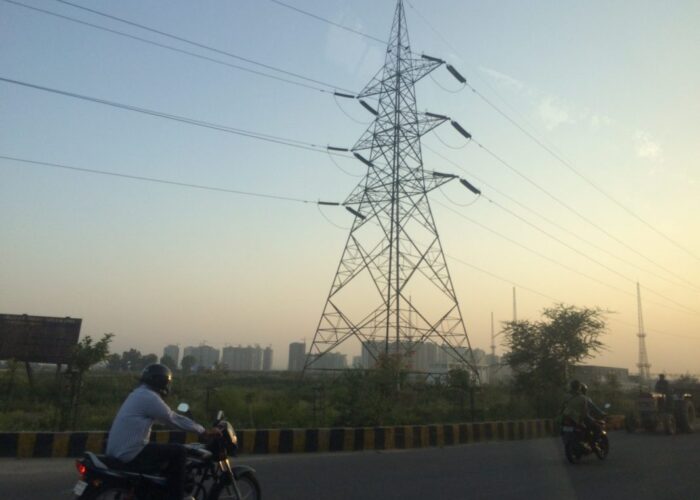State-owned companies in India could be tasked with establishing polysilicon manufacturing facilities to help make domestic solar manufacturing more competitive, reports have claimed.
Indian national the Financial Express cites senior officials from the country’s Ministry of New and Renewable Energy as stating that public sector undertakings (PSUs) could be instructed to establish a polysilicon supply chain in the country under the Atmanirbhar Bharat Abhiyan, India’s plan to become more self-reliant and snub exports from other countries.
Try Premium for just $1
- Full premium access for the first month at only $1
- Converts to an annual rate after 30 days unless cancelled
- Cancel anytime during the trial period
Premium Benefits
- Expert industry analysis and interviews
- Digital access to PV Tech Power journal
- Exclusive event discounts
Or get the full Premium subscription right away
Or continue reading this article for free
PSUs are in talks with the Indian government over initial plans to establish polysilicon ingot and wafer manufacturing capacity sufficient enough to support 10GW of module manufacturing capacity in the country, Financial Express reports.
The reports contain no detail as to what grade polysilicon would be prioritised, nor which technique would be employed.
The reports bring together two emergent trends from this year; polysilicon pricing volatility creating turbulent prices for solar modules, and India’s renewed attempts to stimulate its domestic solar manufacturing sector.
A series of incidents affecting polysilicon output in China, coupled with spiralling demand caused largely by module manufacturers bringing ingot and wafer production in-house, has cause average selling prices (ASP) to spike this year, with Daqo chief executive Longgen Zhang expecting demand to continue outstripping supply for the next 18 months.
Daqo expects polysilicon ASPs to rise from around US$6/kg in Q1 2020 to as much as US$15/kg as demand continues to soar. More supply is indeed being developed – both GCL-Poly and Daqo have made announcements in recent weeks on this front – however pricing pressures are expected to continue into next year at least.
Meanwhile, India’s government has continued to adapt its regulatory framework in an attempt to help foster a domestic PV manufacturing sector capable of supporting its deployment ambitions.
In June it was confirmed that India was considering a new Basic Customs Duty on solar module and cell imports from China, initially set at 20% before rising to 40% on certain products next year. Most module manufacturers in the country believe, however, that those tariffs are not punitive enough, and have instead called for duties of at least 50% to be enacted.
The situation was complicated further when India’s government extended the safeguard duty on solar imports for a further year, raising the prospect of a double tax on solar components that threatens the economic viability of projects in the country.






